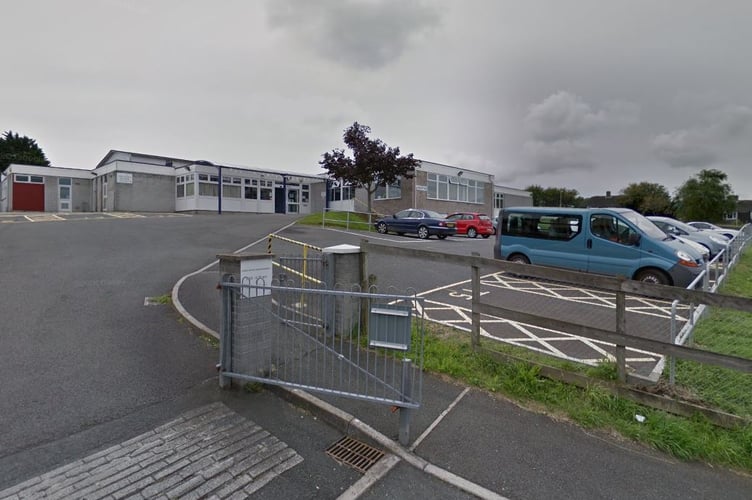More places are urgently needed in Plymouth for children with special educational needs and disabilities (Send) so the council can reduce costs and keep youngsters closer to home.
Because of capacity pressures at the city’s schools, the council placed 376 children in 37 private schools this year, many of them outside the city, at an extra cost of £43,000 a year per pupil.
In the last financial year, the council spent £8.6 million on independent special education with its one source of government funding a long way short of what was needed.
Its current budget for transporting children to school is also more than £1 million.
But at a council cabinet meeting this week, Cllr Sally Cresswell (Lab, Stoke), who is responsible for education in the city, said as well as being costly, it is disruptive and stressful for the most vulnerable children to go on long journeys to school, away from their friends and communities.
Having more places at mainstreams schools, with access to specialist teachers and teaching assistants, is highlighted in the council’s new Send plan which contains proposals to expand provision in the city over the next six years.
“Real inclusion has positive impacts for Send children, but also for other children in the mainstream part of the school. It’s a symbiotic relationship and a real benefit to teachers and teaching assistants who share good practice all within a community setting,” said Cllr Cresswell.
The council hopes to offer between 50 and 75 places in mainstream schools and plans to expand some existing seven specialist schools, including Mill Ford at Ernesettle plus create a specialist nursery setting at Woodlands School.
Last summer Send Ofsted and the Care Quality Commission (CQC) found Plymouth’s Send provision was failing and required urgent improvement. They said children’s needs were not being identified early enough.
Plymouth County Council said with a Send sufficiency plan, children were being put at the top of its agenda.
Council leader Tudor Evans (Lab, Ham) said more skilled people would be needed to help implement the plan. “The report and judgement we had about Send provision was a wake up call for the council.
“ We have got some catching up to do. I am determined to try and do that as best we can and as quickly as we can.”
The number of children with a Education, Health and Care Plan (EHCP) in Plymouth has more than doubled since 2010 and the number of children needing Send support is now close to 8,000.
Cllr Cresswell said estimates were that the city would be short of at least 105 special school places by 2030 but could be more.
On the wishlist is a complete new build for Mill Ford School, increasing capacity by up to 100 at a cost of between £26 million to 35 million.
The condition of Mill Ford was raised in parliament this week by Plymouth Moorview MP Fred Thomas who praised the “incredible staff” facing challenges including corridors “so narrow that two wheelchairs cannot be wheeled past each other.”
Cllr Cresswell said the authority had £13 million of a High Needs Provision Capital Allocation grant (HNPCA) to increase educational places but no other funding is available.
But she added: “We will continue to lobby central government and Department for Education to request additional funds for Send and all our children in Plymouth.”




